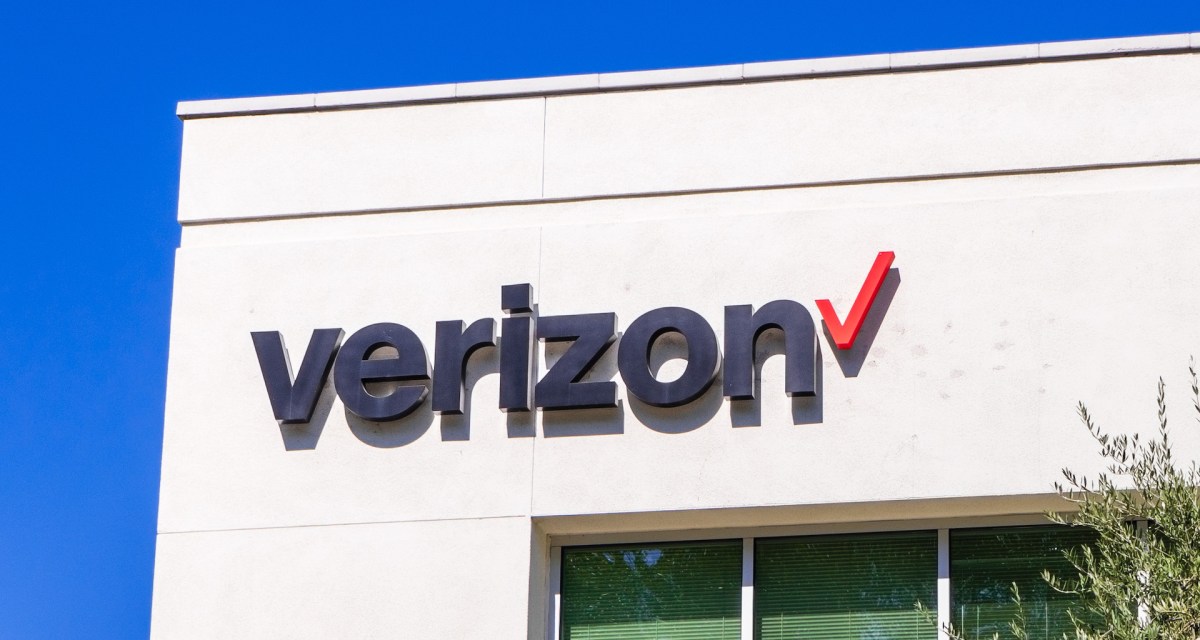Verizon loses protest of EIS’s use of lowest price, technically acceptable sources

The Government Accountability Office has denied Verizon’s protest of the use of lowest price, technically acceptable (LPTA) source selection for telecommunications services under the $50 billion Enterprise Infrastructure Solutions (EIS) telecom and network modernization contract.
Verizon specifically protested requests for proposals by the Defense Information Systems Agency (DISA), arguing that the reliance on LPTA violated the 2017 National Defense Authorization Act, as well as the Defense Federal Acquisition Regulation Supplement, which both require the Department of Defense to try to avoid such source selection when acquiring information technology.
The telecom company suggested DISA instead use best value tradeoff (BVTO) source selection, which would see the task order awarded to the contractor offering the greatest value to the government — not the lowest-cost or highest technically rated offeror. GAO rejected that idea.
“Agencies are not required to find merit in all aspects of an offeror’s proposal that exceed the agency’s requirements,” reads the decision issued Friday by GAO’s Office of the General Counsel. “Based on our review of the record, we conclude that none of the protester’s disagreements with the agency’s judgement demonstrate that the use of LPTA award criteria is unreasonable here.”
Other EIS primes like CenturyLink contend LPTA source selection for EIS task orders results in “quick fixes” that don’t offer much value, an assertion the Pentagon rejected when requirements are well-defined, the risk or poor contract performance is low and price is a major factor.
Verizon further argued that the performance work statement didn’t align with the services DISA seeks, such as requesting real-time support but requiring a single point of contact.
GAO found this protest ground “untimely,” as it was filed May 29, 2020, and proposals were due April 3, 2020.
“Here, although Verizon asserted that it was not able to compete with other offerors ‘on a relatively equal basis,’ the protester does not describe how it was in a different position from any other offeror,” reads the decision. “Furthermore, the protester does not explain how the solicitation terms prevented it from competing intelligently.”





